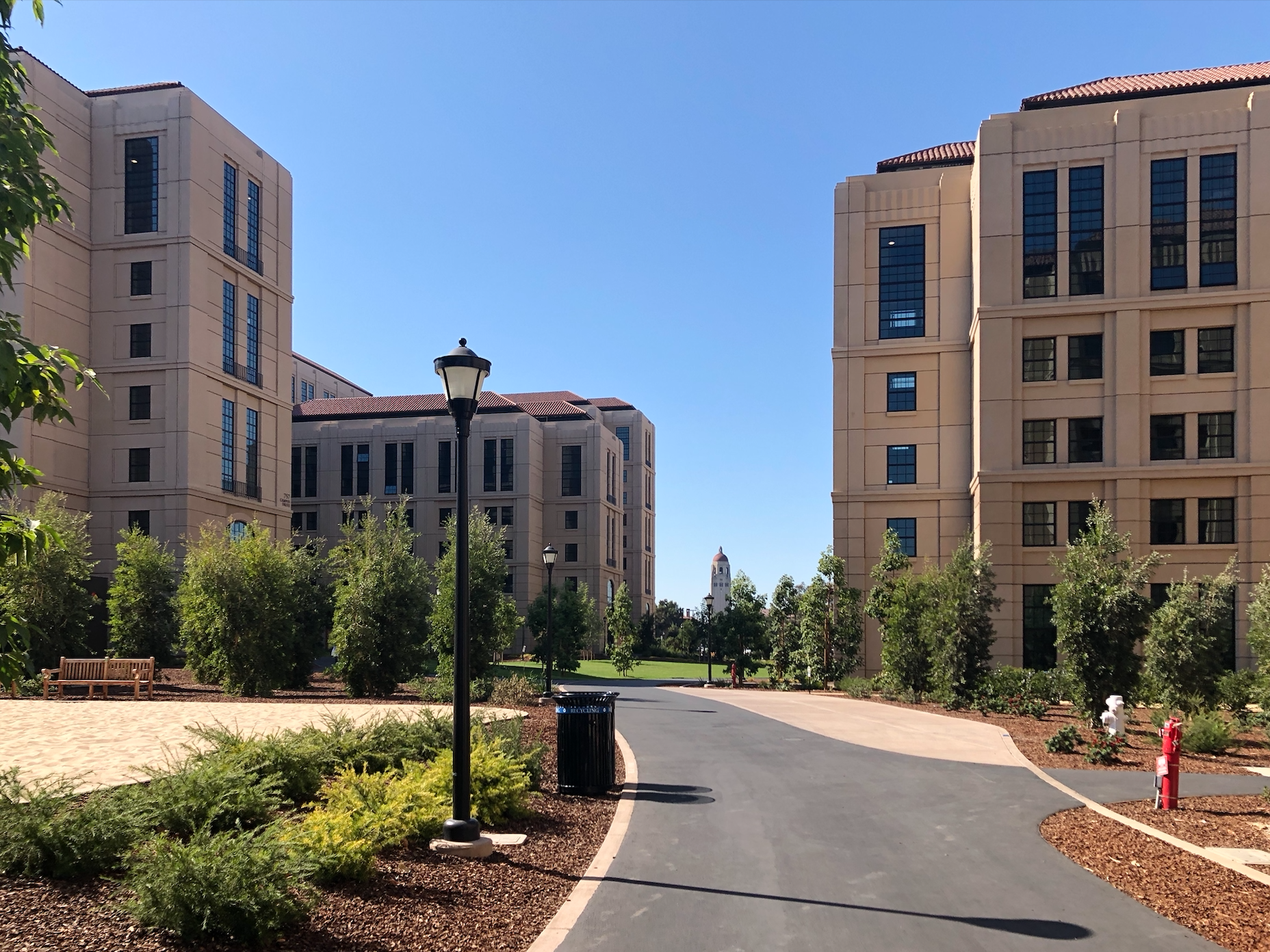After the expulsion of two councilors for non-attendance in meetings, the Graduate Student Council (GSC) selected third-year earth system science Ph.D. student June Choi and sustainable design and construction master’s student Leon de Souza to replace them.
Choi and de Souza will serve in the 2023-24 GSC term, which ends in June 2024. They were selected by their now-fellow GSC councilors and will join them in representing graduate students at large and from their departments.
Following the selections, the GSC deliberated joint resolutions from the Undergraduate Senate (UGS) at its Tuesday meeting.
The first resolution, which the Undergraduate Senate (UGS) debated during its meeting last week, encourages the University to take action to promote diversity among Stanford’s student body. Proposed actions include “continu[ing] to pursue a diverse class of admitted students to the extent possible in compliance with the Supreme Court decision… giv[ing] greater weight to several factors in its holistic review of applicants… [and] consider[ing] elimination of legacy and philanthropy preferences in the admissions process.”
Kay Barrett, a second-year Ph.D. student in English, explained that the resolution was drafted in response to the Supreme Court’s reversal of affirmative action in June.
The GSC also discussed a change to a UGS resolution that would regulate the use of institutional resources for elections. According to Elizabeth Park, GSC co-chair and third-year Ph.D. student in chemistry, institutional resources include mailing lists and budgets. The resolution states that these resources should not be used to endorse individual candidates, unless the resources are made available to all candidates.
The GSC did not vote on either resolution this week.
Financial aid director Karen Cooper attended the meeting to share how the Financial Aid Office (FAO) offers support to graduate students. Cooper said that while Ph.D. departments are responsible for providing a base level of funding to their students, departments can apply for FAO grants to cover additional costs. Cooper added that professional schools make their own award decisions, but departments and FAO have conversations to determine if additional aid is needed.
Kristen Jackson, GSC co-chair and fourth-year Ph.D. student in education, asked Cooper about the accessibility of master’s student fellowships. Cooper said that FAO previously did not offer any funding for co-terms at the graduate level. However, according to Cooper, some schools, like the School of Engineering, now offer fellowship programs for co-terms who were fully supported by the financial aid program while they were undergraduates.
Graduate students can look forward to social events organized by the GSC including a “Taylor Swift: The Eras Tour” movie night in October and a TopGolf outing in November.
